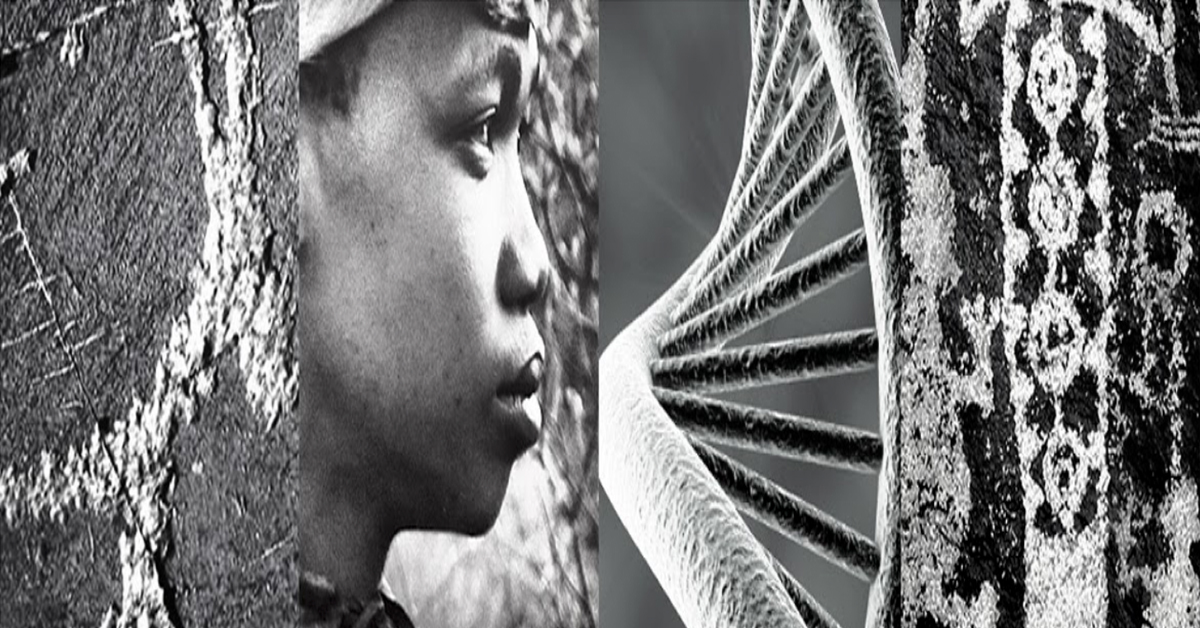


by Yuval Noah Harari
Yuval Harari's international bestseller is a thrilling account of humankind's extraordinary history - from insignificant apes to rulers of the world.
- Hardcover: 464 pages
- Publisher: Signal; First Edition edition (Oct 28, 2014)
- Language: English
- ISBN-10: 077103850X
- ISBN-13: 978-0771038501
- Product Dimensions: 6.2 x 1.4 x 9.3 inches
Book Description:
100,000 years ago, at least six human species inhabited the earth. Today there is just one. Us. Homo sapiens. How did our species succeed in the battle for dominance? Why did our foraging ancestors come together to create cities and kingdoms? How did we come to believe in gods, nations and human rights; to trust money, books and laws; and to be enslaved by bureaucracy, timetables and consumerism? And what will our world be like in the millennia to come?Bold, wide-ranging and provocative, Sapiens challenges everything we thought we knew about being human: our thoughts, our actions, our power ... and our future.
Yuval Noah Harari
Dr Yuval Noah Harari has a PhD in History from the University of Oxford and now lectures at the Hebrew University of Jerusalem, specialising in World History. His research focuses on broad questions, such as: What is the relation between history and biology? Is there justice in history? Did people become happier as history unfolded?
65,000 people have signed up to his online course, A Brief History of Humankind. Sapiens is an international bestseller and is being published in more than 30 languages worldwide. In 2012 Harari was awarded the annual Polonsky Prize for Creativity and Originality in the Humanistic Disciplines.
'I encourage all of us, whatever our beliefs, to question the basic narratives of our world, to connect past developments with present concerns, and not to be afraid of controversial issues.'
Bradshaw Foundation review:
The story of humankind is based on an 'imagined order', a state from which we can no longer escape. Today these imagined orders and devised scripts, sitting on the foundations of our innate biological instincts, have led to imagined hierarchies - of race, caste and gender - and a network of artificial instincts we call ‘culture’. Professor Harari shines a new light on humanity; we emerge as a bully, a menace, an ecological serial killer and a highly resourceful group. Bleak? Well, yes.
'Sapiens' is written clearly and succinctly. The time-line at the start of the book establishes the journey the author intends to take, a journey that whisks us from a Palaeolithic past to a predicted future. Brief? Yes, but it’s an overview, and all overviews should be presented at a good pace.
The author takes care to describe the situation for our Sapiens ancestors [reminding us that we are not unique and that several different species of humans were living simultaneously] prior to the Cognitive Revolution about 70,000 years ago. This revolution represented a new way of thinking, and we learn of the possible cause, the timing, and our exclusive inclusion. For Harari, our evolving language, with its supple and specific abilities and characteristics, led us to chat away to the extent that the conversation went beyond 'careful, there’s a lion' to sharing concepts of phenomena that do not exist. Powerful myths were born.
These powerful myths were shared verbally and recorded artistically, on cave walls such as Chauvet and as sculptures such as the 40,000 year-old Stadel Cave Lion Man. Whilst the author freely [and rightly] admits that we cannot easily interpret the messages of the rock art, we can appreciate what the cognitive revolution represented and heralded. The mind was changing and, for the first time, the landscapes were changing. The Agriculture Revolution, about 11,000 years ago, has always been seen as a cultural advance. The author questions this; was it a well thought-through plan? What with the increased labour and the various diseases, the author suggests that it was the plants who domesticated us.
The book continues from this 'irreversible' point through a ‘network of artificial instincts - what we now call 'culture' - towards specialisation, trade, and money. Even money, although it allows cooperation without prejudice, is a psychological construct, and one that only really works with the ingenious concept of 'credit.'
Over time, global zones appear, and different ‘cultural’ characteristics emerge, driven by the Scientific Revolution about 500 years ago and upheld by imperialism. Harari addresses the 'Why Europe?' phenomenon carefully; the answer lying in an apparently benign thirst for knowledge. Unknown territory was no longer terrifying, it was an opportunity. This heralded the beginning of a single integrated human society, driven by capitalism, but a society with great inequality.
The human story flows on, with the Industrial Revolution about 250 years ago and with the Information Revolution about 50 years ago, but the author’s telling of it reveals many false assumptions. It is a unique story which has brought our species a very long way, even though in Darwinian terms our DNA may still be hard-wired to a Palaeolithic pulse, to our innate biological instincts.
And what of the future? We are now embarking on the Biotechnological Revolution, and the author feels this is important because we now have the ability to reshape our species. He points out a gradual change from natural selection to intelligent design, through new technologies such as genetic engineering, nanotechnology and direct brain-computer interface. Humans will become partly organic and partly non-organic, the extrapolation of which is a new era of speciation. The universal benefit of this, despite our 'altruism', is not a certainty.
'Sapiens: A Brief History of Humankind' is engaging and original. Whilst you may not agree with every speculation and causal connection, you will be inspired to debate these matters as you reflect on our collective journey through time, and on its direction in the future.
→ Bradshaw Foundation - Book Review
→ Origins - Exploring the Fossil Record
by Kate Winter
13 November 2025 Book Review Archive
→ Neolithic Tombs of Wales
by George Nash
19 November 2024
by Simon Radchenko
22 May 2024
by Meenakshi Dubey-Pathak and Jean Clottes
10 November 2023
by Paola Demattè
12 January 2023
by Paul Pettitt
10 November 2022
by George Nash
19 November 2024
by Simon Radchenko
22 May 2024
by Meenakshi Dubey-Pathak and Jean Clottes
10 November 2023
by Paola Demattè
12 January 2023
by Paul Pettitt
10 November 2022
Friend of the Foundation
by George Nash
19 November 2024
by Simon Radchenko
22 May 2024
by Meenakshi Dubey-Pathak and Jean Clottes
10 November 2023
by Paola Demattè
12 January 2023
by Paul Pettitt
10 November 2022














